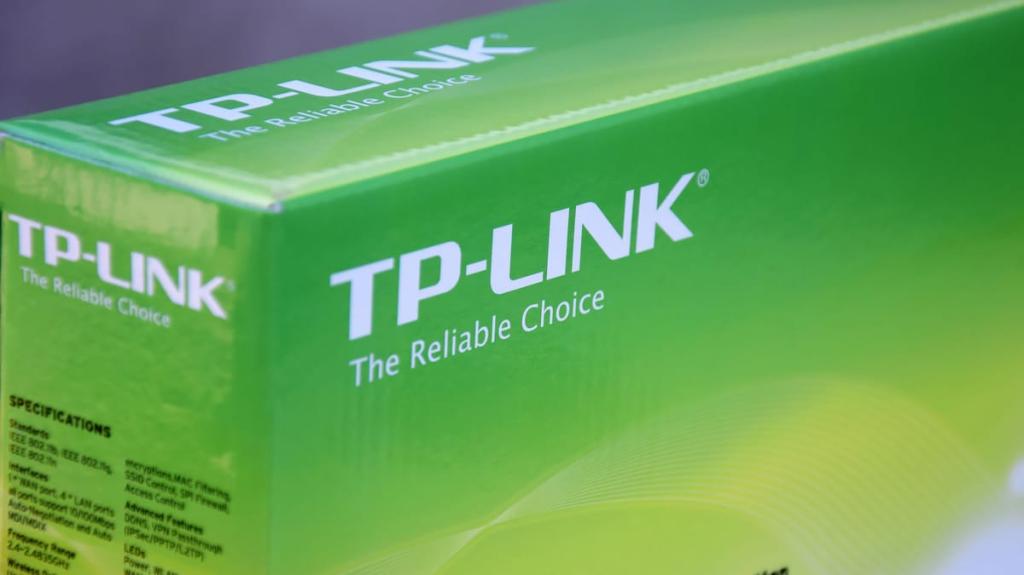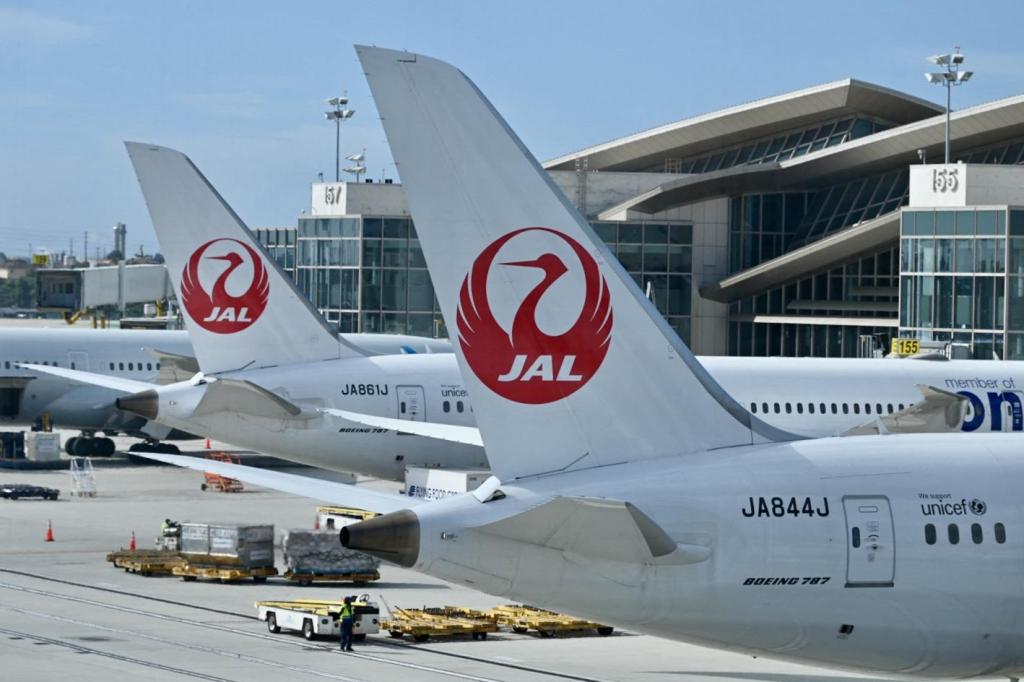TP-Link Routers Under Investigation for National Security Risks
Discover why TP-Link routers are facing a potential ban over national security concerns and their connections to cyberattacks impacting sensitive organizations.
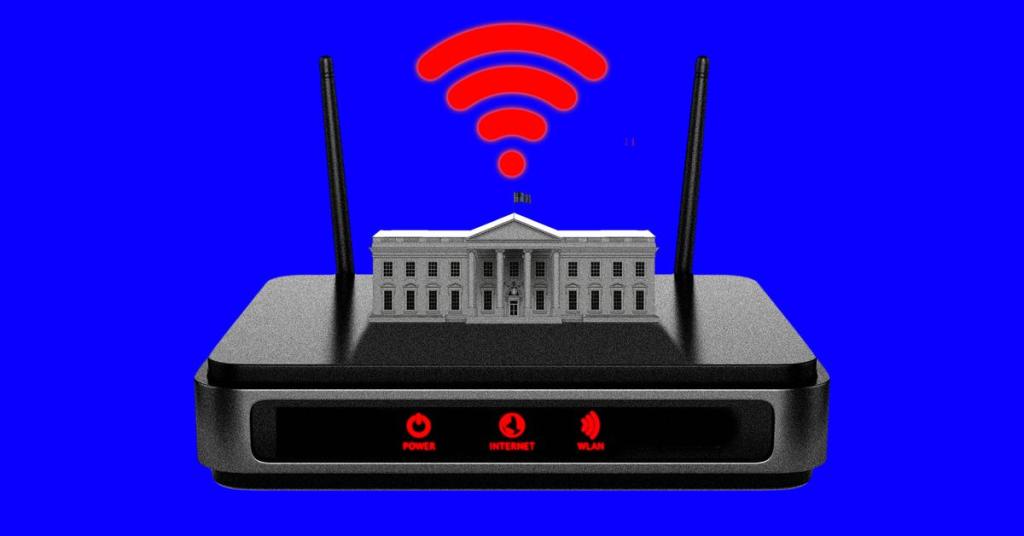
Key Points
- U.S. authorities are investigating TP-Link
routers due to concerns over cybersecurity vulnerabilities linked to Chinese cyberattacks.
- The potential ban could significantly impact the market, as TP-Link holds a 65% share of home and small-business routers in the U.S.
- TP-Link has publicly committed to addressing security issues but faces skepticism regarding its past response to vulnerabilities.
In today’s technologically driven world, the importance of cybersecurity cannot be overstated. Recent developments have put a spotlight on popular tech brand TP-Link, known for its affordable internet routers that dominate the market. U.S. authorities are now considering a ban on TP-Link routers due to national security concerns linked to alleged vulnerabilities and their ties to cyberattacks attributed to Chinese hacking groups. With TP-Link accounting for approximately 65% of the router market for homes and small businesses in the U.S., such a ban could have significant implications for consumers and businesses alike.
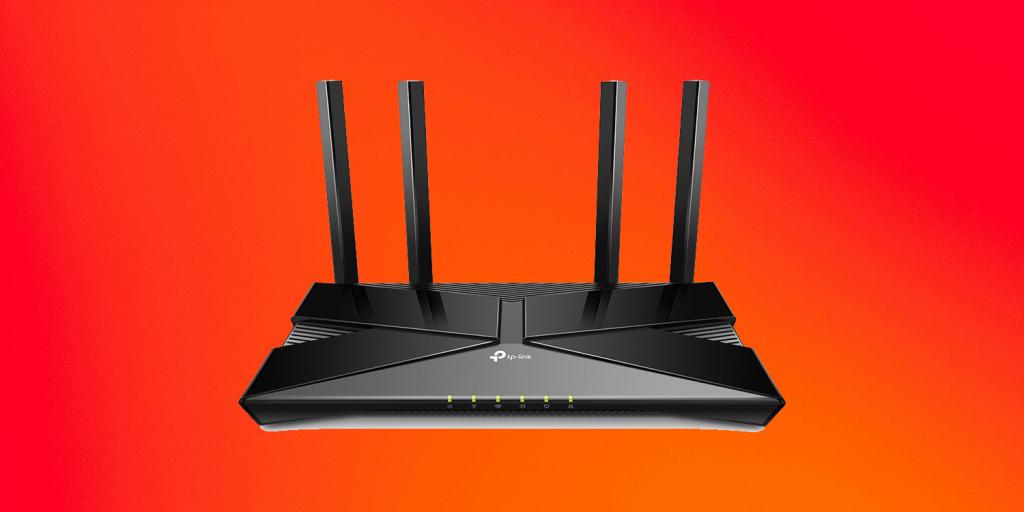
What’s Behind the Investigation?
According to reports from the
" class="famous_name">Wall Street Journal
, three major U.S. departments—the Commerce, Defense, and Justice departments—are conducting investigations into TP-Link’s routers. Investigators are concerned that these devices could be used as a vector for cyberattacks, especially given their frequent vulnerabilities that have been previously flagged but not adequately addressed by the company.
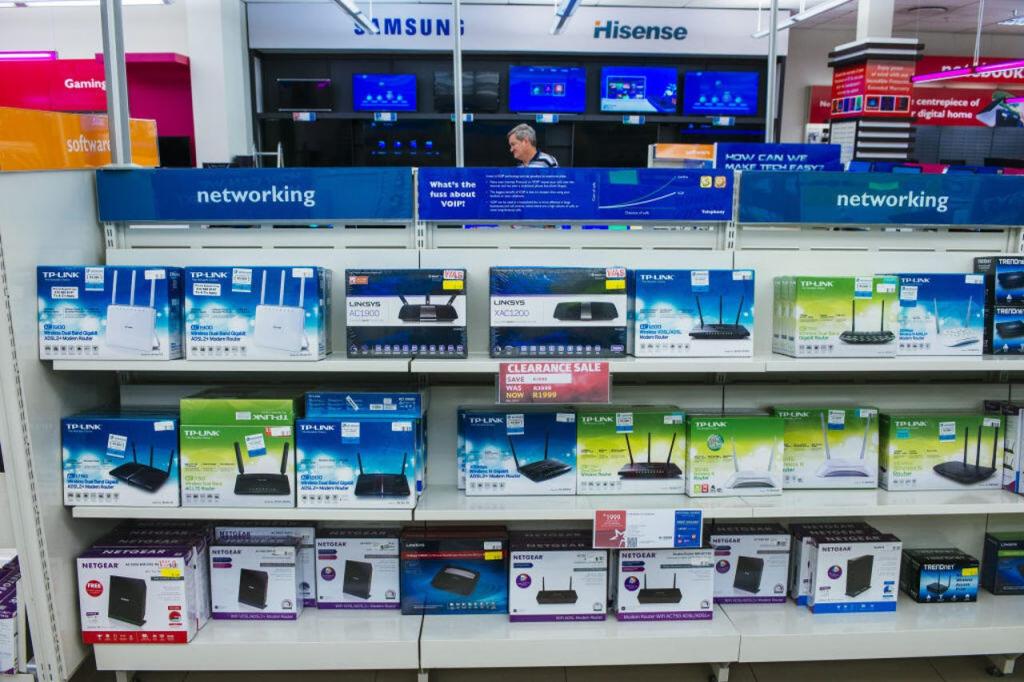
The Vulnerabilities
Cybersecurity experts highlight that TP-Link routers have historically shipped with unaddressed security flaws. For instance, the
noted vulnerabilities in several TP-Link models, such as the Archer AX21 and C50, which have been connected to Chinese cyber criminal activities. This alarming connection between TP-Link devices and cyberattacks against sensitive entities—ranging from government organizations to private suppliers—raises legitimate questions about the security practices of the company.
Furthermore, a study by
showed that a botnet of compromised TP-Link routers was actively being utilized by Chinese hacking groups to launch attacks on Western targets, which included think tanks and defense contractors. This revelation underscores the critical threat these devices may pose if they remain in widespread use.

Market Impact and Consumer Considerations
If the proposed ban goes into effect, it could lead to significant price hikes and shortages of routers in the market, as consumers scramble to find alternatives. TP-Link’s affordability has made it a popular choice, particularly among budget-conscious consumers and small businesses. However, should these devices be banned, users may need to pivot to more expensive options, which could strain household budgets and operational costs for small businesses.
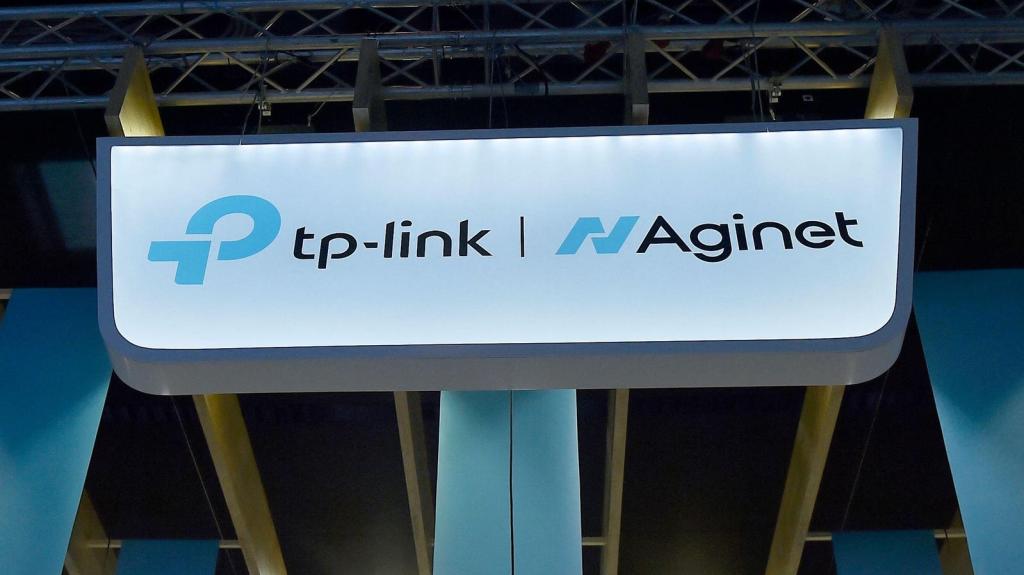
TP-Link's Response
A spokesperson for TP-Link has publicly stated that the company welcomes engagement with the U.S. government to demonstrate its commitment to robust security practices and compliance with industry standards. This attempt to address national security fears is crucial, especially as the scrutiny intensifies. However, the lingering doubts about their security protocols and prior lack of responsiveness to vulnerabilities cast a shadow on their reassurances.

Global Implications and Future Outlook
The investigation into TP-Link is not just a matter of national concern; it has global implications as other countries, including India and Taiwan, have already expressed caution regarding TP-Link products due to similar security vulnerabilities. As nations become increasingly wary of technology from foreign entities, this situation serves as a critical reminder for consumers to remain vigilant about the products they utilize.
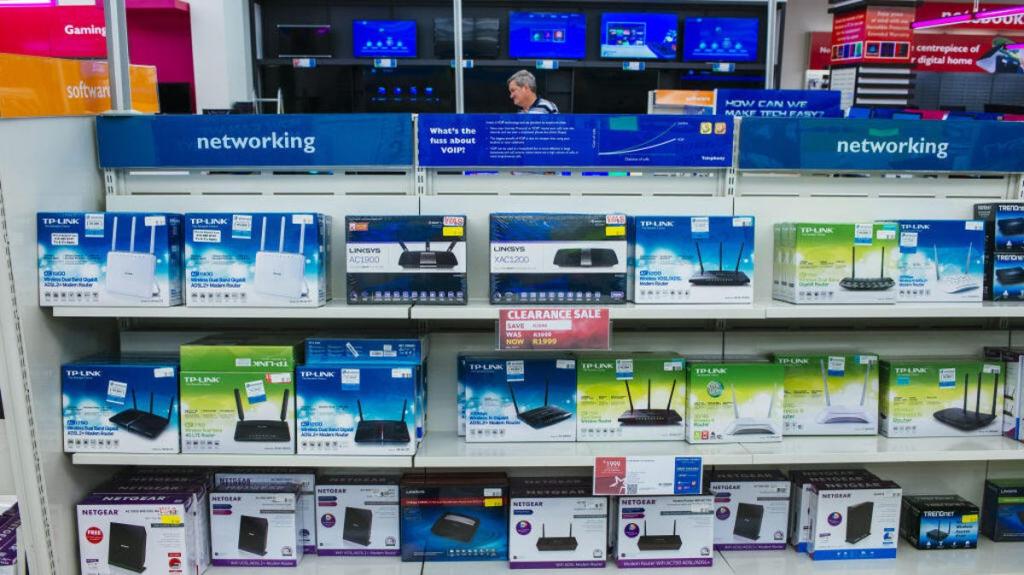
Ultimately, while the debate over TP-Link’s routers continues, it’s vital for consumers and businesses to stay informed. Assessing the security of internet-connected devices should be a top priority in the current digital landscape, where cyber threats are increasingly prevalent. As the investigation unfolds, it will be interesting to see how TP-Link will address these serious concerns and whether changes will be made to restore confidence among its user base.
